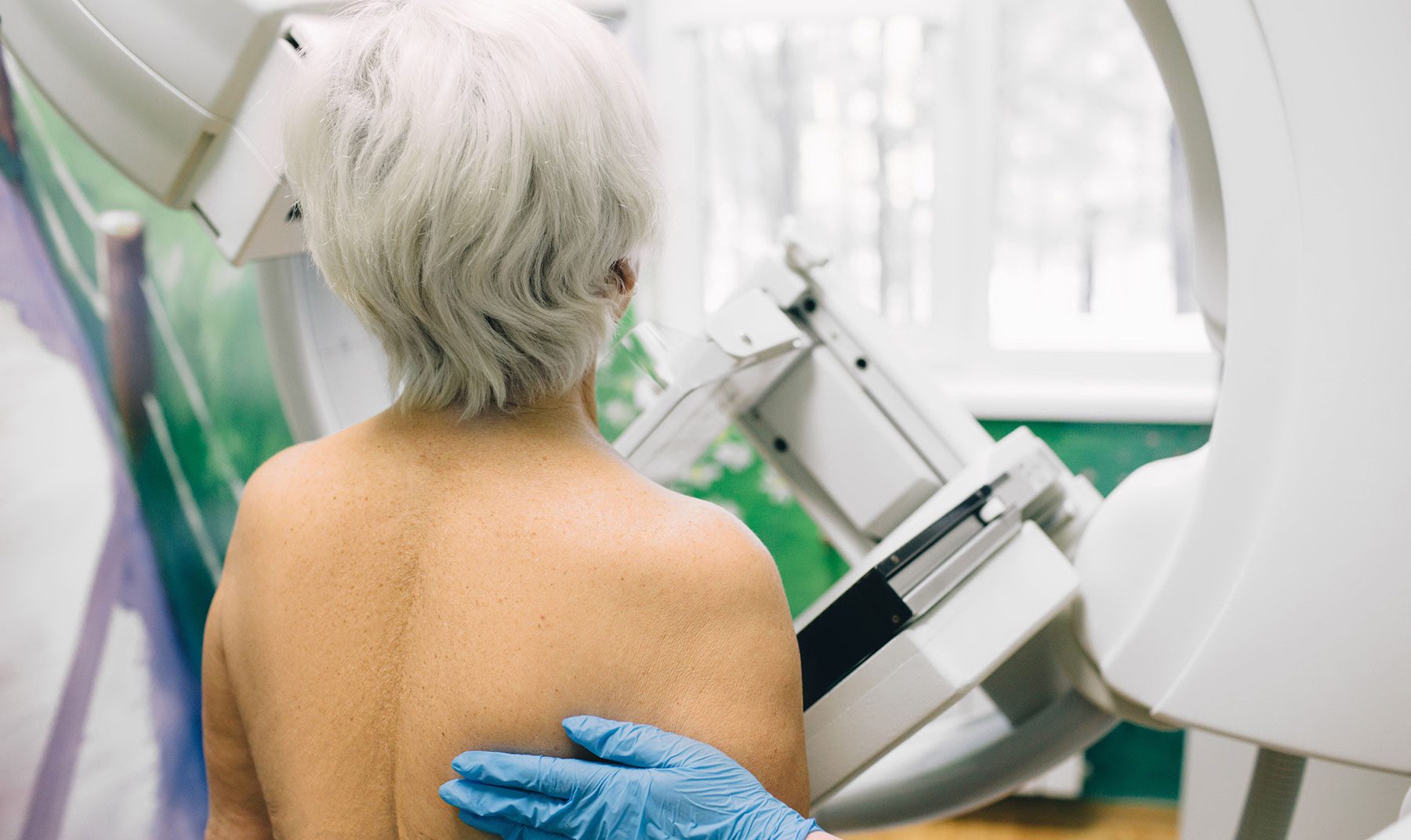Did you know that over 50% of women over age 75 are still getting annual mammograms? Should this life-saving practice be discontinued at a certain age if it no longer decreases mortality from breast cancer?
What is a Mammogram and Why is it Important?
A mammogram is a special type of breast x-ray that allows medical professionals to look for changes in breast tissue. Mammograms detect early signs of breast cancer. Regular mammograms are the best way to detect breast cancer. Sometimes mammograms can detect breast cancer three years before it’s felt.
Regular mammograms are an important step in protecting your health, even if you don’t have any breast problems. But are mammograms necessary throughout life? Keep reading to find out.
Mammogram Guidelines for Women Age 45 to 54
For women with no history of cancer, we recommend seeing your doctor for an annual mammogram from age 40 through age 54, and every other year from that point on. From age 55 onwards, you can transition to a mammogram every other year until you are 75. At age 75, have a conversation with your healthcare provider about whether you should continue having mammograms.
If you have a history of breast cancer, the recommendations for mammogram screening may be different. Recommendations from the American Society of Clinical Oncology (ASCO) and the American Cancer Society suggest continuing yearly mammograms for women who have had a unilateral mastectomy or lumpectomy. These mammograms may play an important role in detecting a recurrence of breast cancer or new breast cancer.
Mammogram Guidelines for Women Over Age 75
Among women who are older than 75, the guidelines for mammogram screening aren’t as cut and dry. There are two scenarios where regular mammograms may not be recommended or necessary.
The first scenario is among women with significant medical conditions, such as stroke or heart disease, that may pose a higher risk of death than breast cancer. In these situations, it’s not entirely clear whether continuing mammograms through the lifespan is necessary, ASCO points out.
The next scenario is among women who were treated for lower-risk breast cancer and are taking medication to lower breast cancer risks. In these situations, mammograms may not as important compared to a case where someone isn’t on this type of medication.
Since mammogram recommendations vary from one woman to another, the best thing you can do once you get close to age 75 is have a discussion with your healthcare provider to come up with a plan that makes the most sense for you.
Read more:
If you would like to meet with a knowledgeable doctor, consider contacting Women’s Health Arizona. As Arizona’s largest ObGyn group, we’re trained and solely dedicated to delivering the best ObGyn experience in convenient and comfortable settings around Phoenix.

